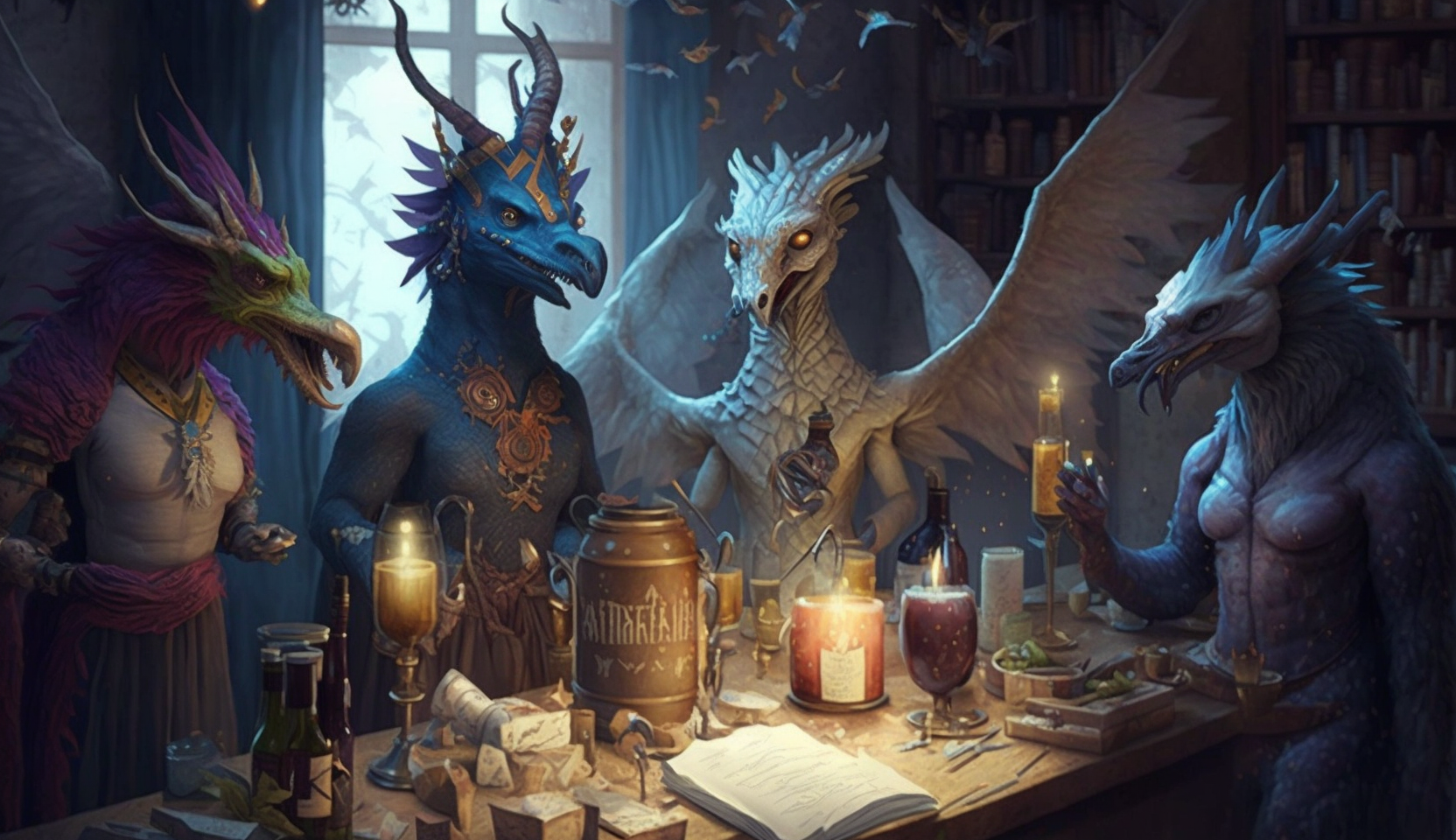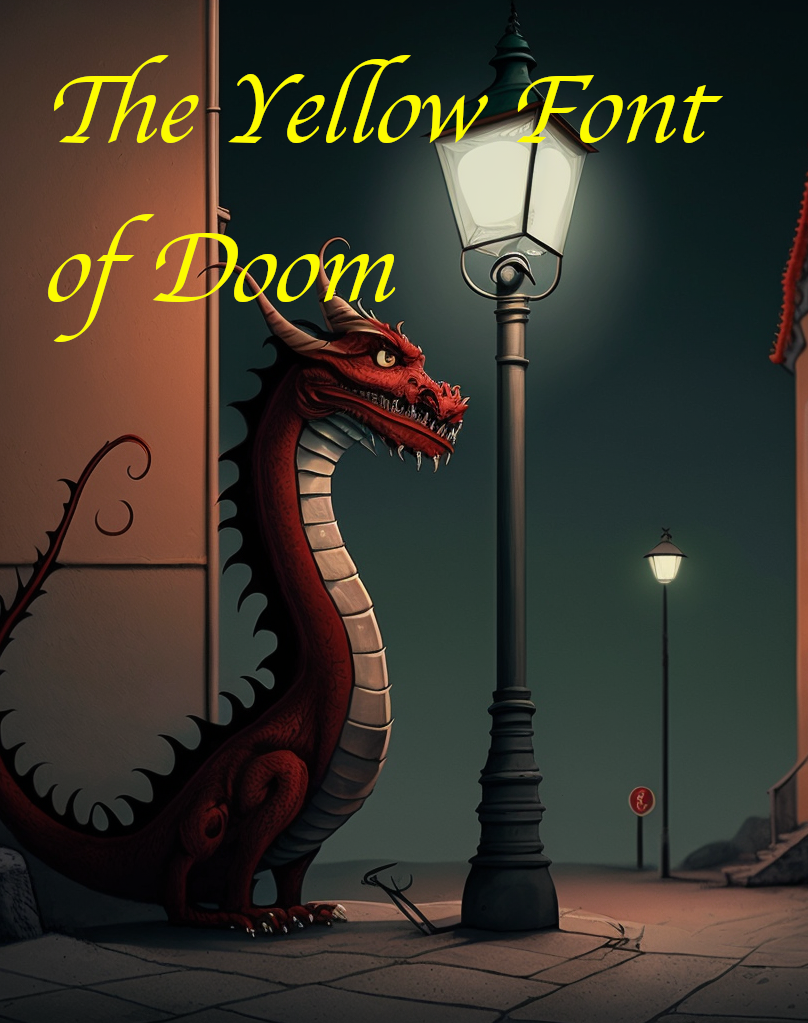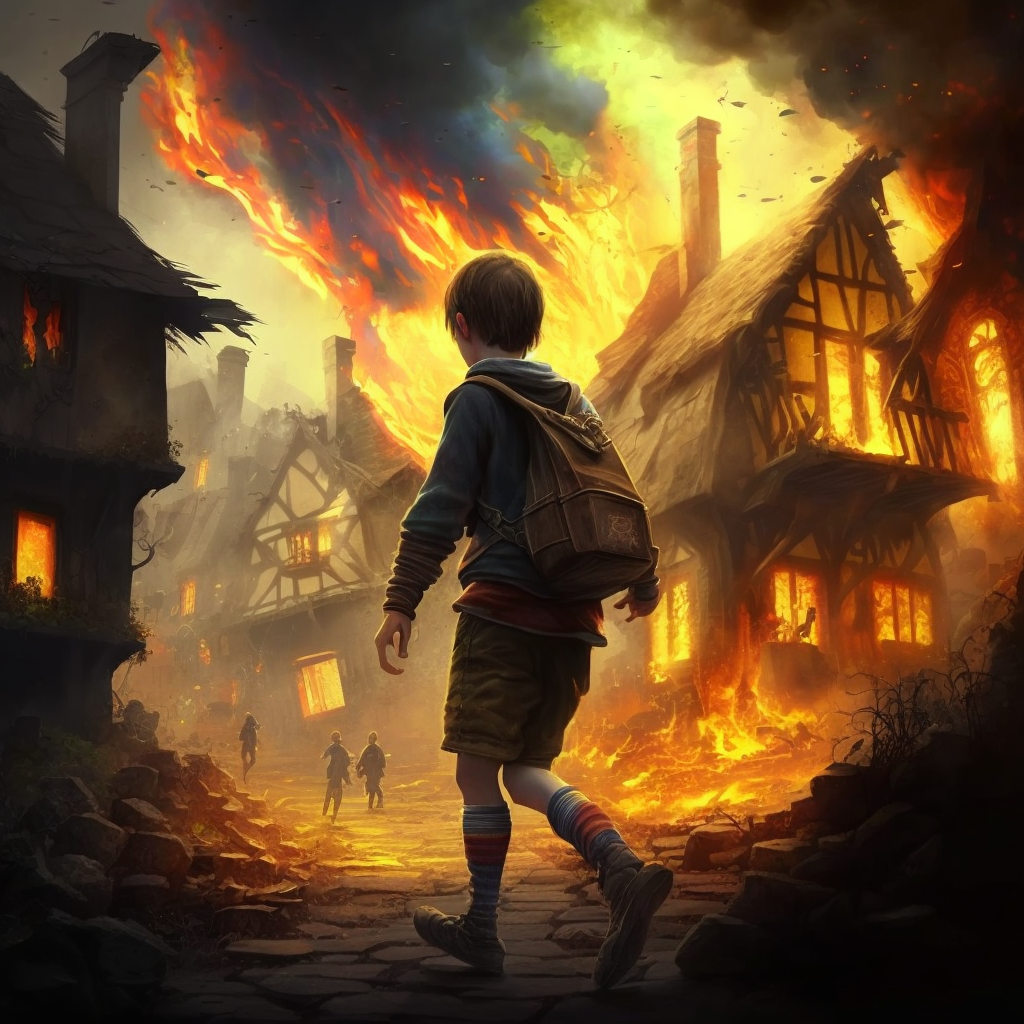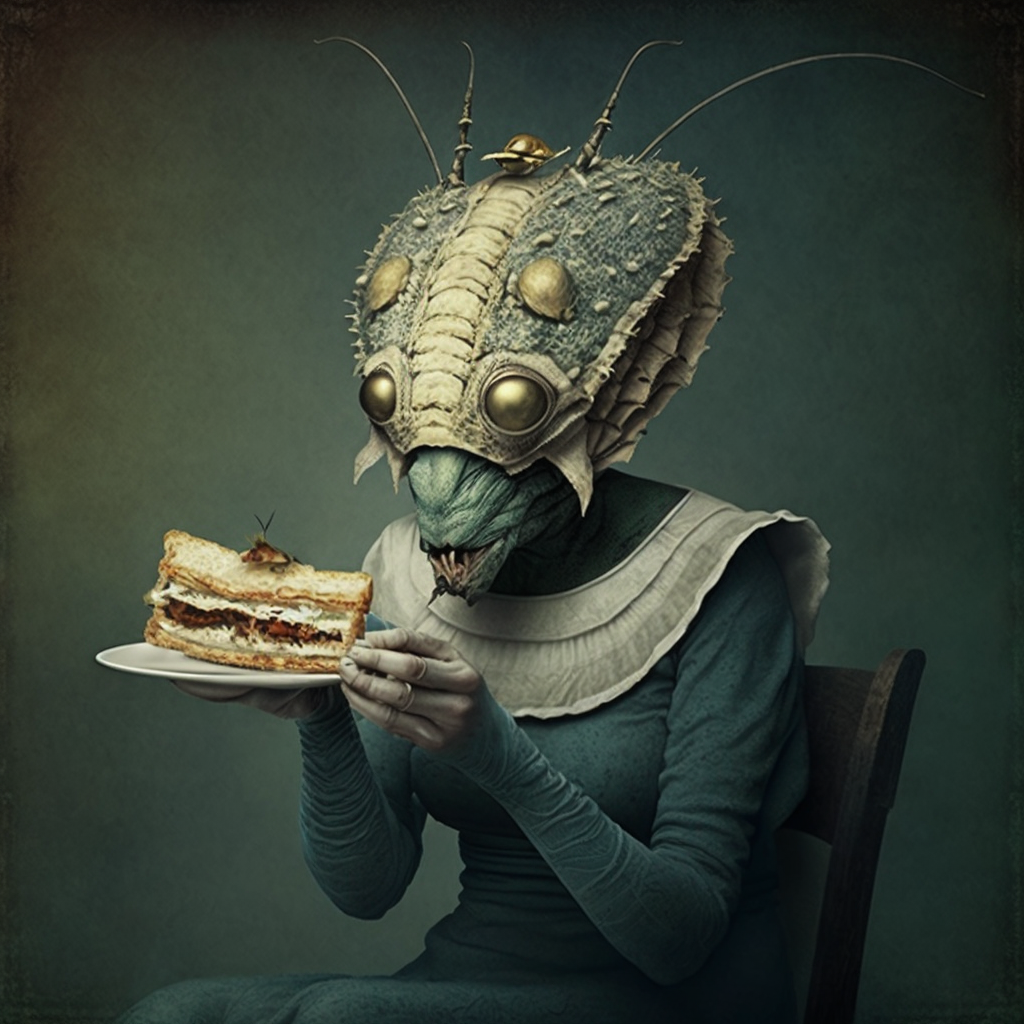I read 300 first chapters in a month... Here's what I learned. Part 1

On June 8th, I began a project to read the first chapters of all 300 entries to the Self-Published Fantasy Blog-Off (SPFBO), a competition run since 2015 to raise awareness of high-quality self-published fantasy books.
I was following in the footsteps of Steve William Hannah and E.L. Lyons, who I stumbled upon doing Twitter read-throughs. They're both in the competition. I'm not, but wanted to read around self-pubbed fantasy to see what got written.
I'm currently writing a spec-fic novel and have no idea which genre it's in. Having been taught self-pub was poor quality, I'd really enjoyed a couple of self-pubbed fantasy books I'd read (Natalie Kelda's River in the Galaxy and the Paranoid Mage series, which was recommended by a friend) and wanted to read more.
So, I literally went into this process not knowing what to expect...
Wow, EXTREMELY high quality
First thing to say is congratulations to everyone who entered SPBFO9!! An estimated 3% of people who start a book finish it and only 0.6% get it published. Every author went the extra mile by submitting their novel to scrutiny in a competition. This was reflected in the quality of the first chapters, which were extremely high in ~90-95% of cases.

Having been an co-organiser of the Spectrum London SFF Writers' Group for years before COVID-19 (and my second child), almost every entry was in the top 20% of the submissions for critique at Spectrum. And Spectrum is a large writing group with quite a few traditionally-published members. Around 40-50% of the books were better, or equivalent, to traditionally-published.
Reading first chapters isn't a perfect way to judge whether you'll enjoy a book, but I've already read nine of my To Be Read's (TBRs) and all have lived up to their early promise. This highlights the importance of having an Amazon preview for potential readers, which one SPFBO entrant didn't manage (you know who you are).

Special commendations go to The Warlock of Muscovy (and sequel), Dream of Death City, An Ocean of Others and The Bone Spear. All of these are among the fantasy novels I've enjoyed most in decades. I'm sure other TBRs will join them. Reviews to come soon.
I'd like to give an extra special callout to The Wings of Ashtaroth, which has a standout first chapter. The opening has writing on the level of A Song of Ice and Fire, but in a Carthage/Rome-inspired setting. Absolutely mind-blowing. I have now bought the full book, although it isn't on my personal TBR as I struggle with Game of Thrones-esque multi-POV epic novels.
The Downside of Excellence
The high quality meant only c. 5-10% of entries were a traditional publisher's crass stereotype of indie fiction, i.e. poorly written, largely unedited, poorly formatted and - in most cases - instantly recognisable by the bad cover art and, often, the Yellow Font of Doom (see below).

For this reason, I'm not going to talk in this blogpost about basic self-publishing fails (which I don't know how to overcome, by the way). It's not useful or interesting to most people in the competition - you folks are (mostly) all pros. The occasional book in that c. 5-10% contained some real howlers, but they're not useful to most people.
I'm focusing here on common themes and pitfalls of good writers, which came up time-and-time again and caused me (personally) to DNF (Did Not Finish). For background, I have a couple of short stories in Baen anthologies and my day job is freelance medical writer.
Usual disclaimers: I don't claim to be an expert (not even close), but I learned a lot reading 300 openings - and thought others may benefit from my learning. It's just my opinion, feel free to ignore. Warning - may contain snark. It is done with love.
Trope Bingo: "Training Fight, Fires at Night"
You get VERY jaded reading ten prologues/first chapters each day. It's an artificial process. You make decisions very quickly and 89% of them (from my cull) are not to read the rest of the book. It's not akin to a buying process for self-pubbed authors because most readers don't choose a book by dismissing 270 others.
That said, most of the indie books are on Amazon Kindle. There are themes that came up again and again, sometimes more than once in ten openings. If you think about it, that means - even in the SPFBO competition - you may be competing against thirty books with almost the exact same event in Chapter One, or the Prologue.

Many people like familiar ideas more than I do but the problem is that, if you write about squid mariners in the 1600s, anyone who wants to read a book about mollusc sailors has to endure your writing. If you open with the 29th burning medieval village, you've got to write THE SOCKS off that medieval village (or have an amazing marketing team).
There were a lot of:
Burning Villages. Set on fire by either bandits, soldiers or troll things. Sometimes the main character's family got killed. Sometimes the point-of-view character was among a band of soldiers who came upon the charred remains of said village. Almost always medieval villages. It's the opening to The Wheel of Time, isn't it? In too many cases, it served only to force a teenage character to leave home without giving them a personality.

The Training Sequence. Many of us have read Jezal's fencing practice in The First Law trilogy. I know, because I read a similar sequence a bunch of times in the openings of SPBFO9. I can see the appeal. It's an action sequence with no lasting consequences, which sets up a main character as someone who can fight.
The genius of the training sequence in First Law is that it establishes Jezal as a lazy so-and-so who desires kudos without doing the hard work. His arc in the trilogy (and his eventual comeuppance) hinges on that character flaw. Many of the training sequences I read had youth protagonists, and - often - the only thing I learned was they could use a sword. Credit to N C Koussis, author of Sword of Mercy and Wrath, who got their excellent training sequence to tell us something about the main character's mentor.

The Fly on the Wall. This is the opening where the main character stands in a throne room during a meeting, or creeps into a meeting, or hides in the rafters looking down on a meeting, or... in two cases, stands about in a forest (you can tell I've read lots of these). It's a great way to force exposition on the reader, without an info dump, by providing it in other's dialogue. I hated these as an opener because I don't experience anything, don't know anything about the situation being discussed (yet), and learned nothing about the main character (they're just a microphone for an info dump).

The Ordinary Day. Plots usually show the character's ordinary life before the inciting incident propels them into the story. Often, the inciting incident happens at the end of Chapter One, but it can begin at the start of Chapter Two. The Chapter Ones I enjoyed most showed me something critical about a character. So, for example, in An Ocean of Others, we see Grim in his job as a bounty hunter before he joins the Agency to kick off the book.
In too many cases, authors took 'ordinary life' to mean baking with family... collecting water... saying "hello" to EVERY living relative... Sometimes they walked into a village and had two-line conversations with thousands of villagers we'll probably never see again (when their village burns down). I know some of these characters were teenagers, but they were established as BORING people. Why would I want to read a whole book about them?
All too often, ALL I saw in Chapter One were banal interactions with no sense of setting, unique character or even where the story might go. Sometimes, I had no idea even what sub-genre these books were in. Was this going to be a cozy fantasy about magical patisserie? Or was Uncle Dave going to be dismembered by orcs or consumed by Head Wasps by Chapter three?

This leads onto Getting Up In the Morning. I've only ever read two books where characters getting up in the morning was interesting. One was Kafka's The Metamorphosis, and the other was Perdido Street Station. Since most characters are not having sex with an insect-headed artist (or have turned into an insect-headed artist overnight), waking-up scenes usually just created a lot of banal actions (e.g. eating toast) before any plot or scene setting could occur.
Please, please, find something unique about your character, and start there... If you're writing slice-of-life, lean hard into your character's bakery and ability to magic dough (or whatever). It's really hard to recommend a book, or even know if you're going to like a book, if you just have your characters in Chapter One eating toast and talking to their mum.

Right, end of Part 1. In Part 2 (or 3?), I'm going for common prologues, information flow, narrative stance and 'novelty acts' (e.g. birth, sex scenes).
